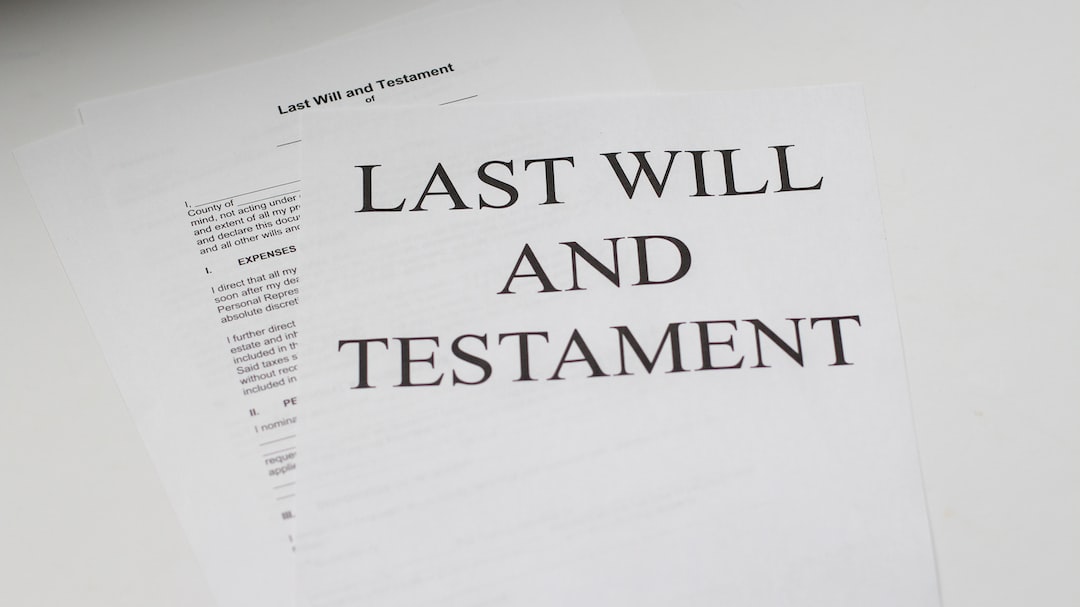Legal rights and obligations of tenants and landlords
Renting a property is a common practice worldwide, and it brings with it a set of legal rights and obligations for both tenants and landlords. These rights and obligations are designed to protect both parties and ensure a fair and harmonious rental experience. In this blog post, we will explore the legal rights and obligations of tenants and landlords.
Tenants have several legal rights that protect them during their tenancy. One of the most fundamental rights is the right to a habitable living space. This means that the landlord is obligated to provide a property that is safe, clean, and in good repair. If the property fails to meet these standards, the tenant has the right to request repairs or, in some cases, terminate the lease agreement.
Another important right is the right to privacy. Landlords are not allowed to enter the rental property without the tenant’s permission or without providing proper notice, usually 24 hours in advance. This ensures that tenants can enjoy their living space without unnecessary intrusions.
Tenants also have the right to a fair and reasonable rent. Landlords should not charge excessive rent or increase the rent arbitrarily during the lease term. In some jurisdictions, rent control laws are in place to prevent landlords from charging unfair rents or resorting to unjustified rent increases.
Furthermore, tenants have the right to know and understand the terms of their lease agreement. This includes knowing the duration of the lease, the amount of rent, and any additional fees or charges. Landlords are obligated to provide a written lease agreement that clearly outlines these terms.
On the other hand, landlords also have legal rights and obligations that must be upheld. One of the primary rights of landlords is the right to receive rent in a timely manner. Tenants are legally required to pay the agreed-upon rent on time and in full. Failure to do so can result in eviction.
Landlords also have the right to receive their property in the same condition as it was rented. This means that tenants have the obligation to maintain the property and avoid any damage beyond normal wear and tear. If the tenant causes significant damage, the landlord may deduct the cost of repairs from the security deposit.
Furthermore, landlords have the right to enter the rental property for specific reasons, such as repairs, inspections, or in case of emergency. However, as mentioned before, landlords must provide proper notice and obtain the tenant’s consent to enter the property. They cannot simply barge in whenever they please.
Both tenants and landlords have the obligation to comply with all applicable laws and regulations. This includes adhering to building and safety codes, respecting the rights of their counterpart, and maintaining integrity throughout the rental process. Any violation of these laws and regulations can result in legal consequences.
In conclusion, renting a property comes with legal rights and obligations for both tenants and landlords. Tenants have the right to a habitable living space, privacy, fair rent, and clear lease terms. Landlords have the right to receive rent on time, a well-maintained property, and the ability to enter the property for specific reasons. It is essential for both parties to understand and respect these rights and obligations to have a smooth and mutually beneficial rental experience.
